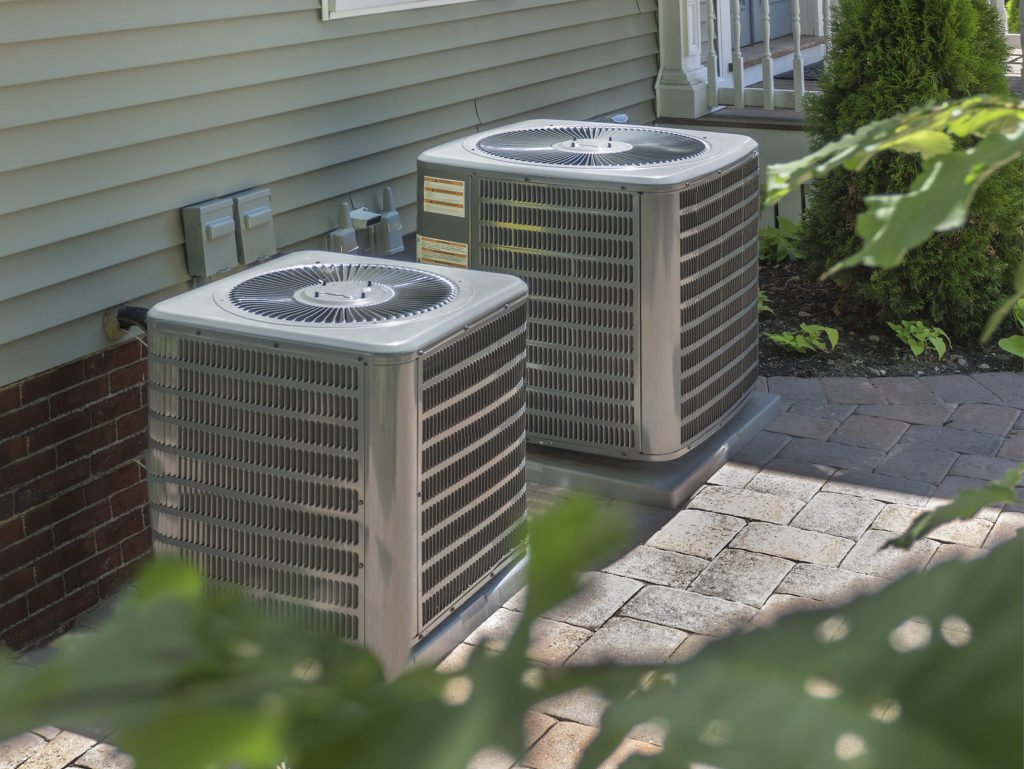4 Things to Consider When Choosing a New HVAC System
Aug 28, 2019

If your HVAC system is over a decade old, replacing it with a newer model will lower your home’s utility bills. Installing a new system in your Liberty City, Texas, home before your current equipment fails will also keep you from having to deal with an unexpected breakdown. When choosing a new HVAC system, you should think about size, durability, efficiency and available features.
Size
If it’s not the right size for your house, your HVAC system will have to work harder. Increased wear and tear will shorten its life and lead to inconvenient breakdowns. If your air conditioner is too big, it’ll change the temperature in your home so quickly that it won’t run long enough to remove pollutants such as dust, pollen and pet dander. It’ll also have trouble controlling the humidity in your house. Excess moisture can cause biological growth, pests, bad smells or water damage. You can replace a system that’s too large with a smaller, less costly model.
An undersized HVAC system will struggle to change your house’s temperature or keep your family comfortable, and it’ll operate almost constantly. You should have a professional use a Manual J load calculation to determine the best size for your unit. This formula considers the number of windows in your house, the type of insulation, the amount of shade, the number of floors, the climate and many other factors.
Durability
An HVAC system that breaks down often won’t keep you and your family comfortable. You could even have to replace it after just a few years. Make sure you get the most comfort possible for your money by choosing a durable model.
While most air conditioners and heat pumps last for 15 to 20 years, a geothermal system can run for 25 years or more. Since all of the components are underground, underwater or indoors, you’ll never need to worry about damage from bad weather. Water or refrigerant transfers heat by flowing through a network of pipes. They’re often made from polypropylene, the same substance in many gas lines. Geothermal heat pumps are more costly than conventional models, but their durability and easy maintenance make the investment worth it.
Efficiency
More efficient air conditioners and heat pumps are cost more. But you can get your funds back through energy savings over time. Choosing an efficient HVAC system also helps the environment by reducing emissions from your local power plant.
Heat pumps and air conditioners measure their efficiency with the Seasonal Energy Efficiency Ratio. It’s the ratio of energy use to heat or air output for an entire season. Models with high SEER ratings could qualify for tax credits that’ll make them more affordable. A more efficient system can also increase the value of your home.
Available Features
Heat pumps and air conditioners are available with many different options. You can set a programmable thermostat to save energy by turning down your HVAC system when you leave or go to sleep, and then make your home more comfortable before you come back or wake up. You can control many programmable thermostats wirelessly from anywhere with your computer or smartphone. Some models can even give you maintenance reminders and monitor your humidity and indoor air quality.
A variable-speed fan will run at low speeds most of the time. As a result, it’ll dehumidify your home effectively and keep the temperature constant. It lasts longer and uses less energy than a fan with only one setting. The increased airflow also helps your system’s air filter work better.
Choose a ductless system to avoid maintaining ductwork or wasting power through leaks in ducts. If you pick a ductless HVAC system with more than one indoor air handler, you can use zoning to set different temperatures for each unit. This lets you avoid conditioning empty rooms and compensate easily for warm areas or drafts.
JD’s A/C is a Carrier Factory Authorized Dealer with decades of heating and air conditioning experience. We’re a family business, and we can help you choose and install the best HVAC system for your home. For outstanding service, call us at (903) 336-6041.
Image provided by Bigstock
